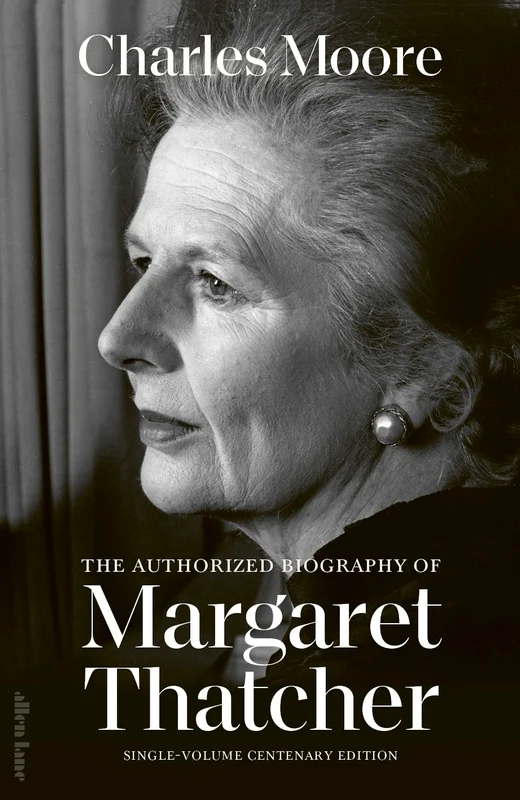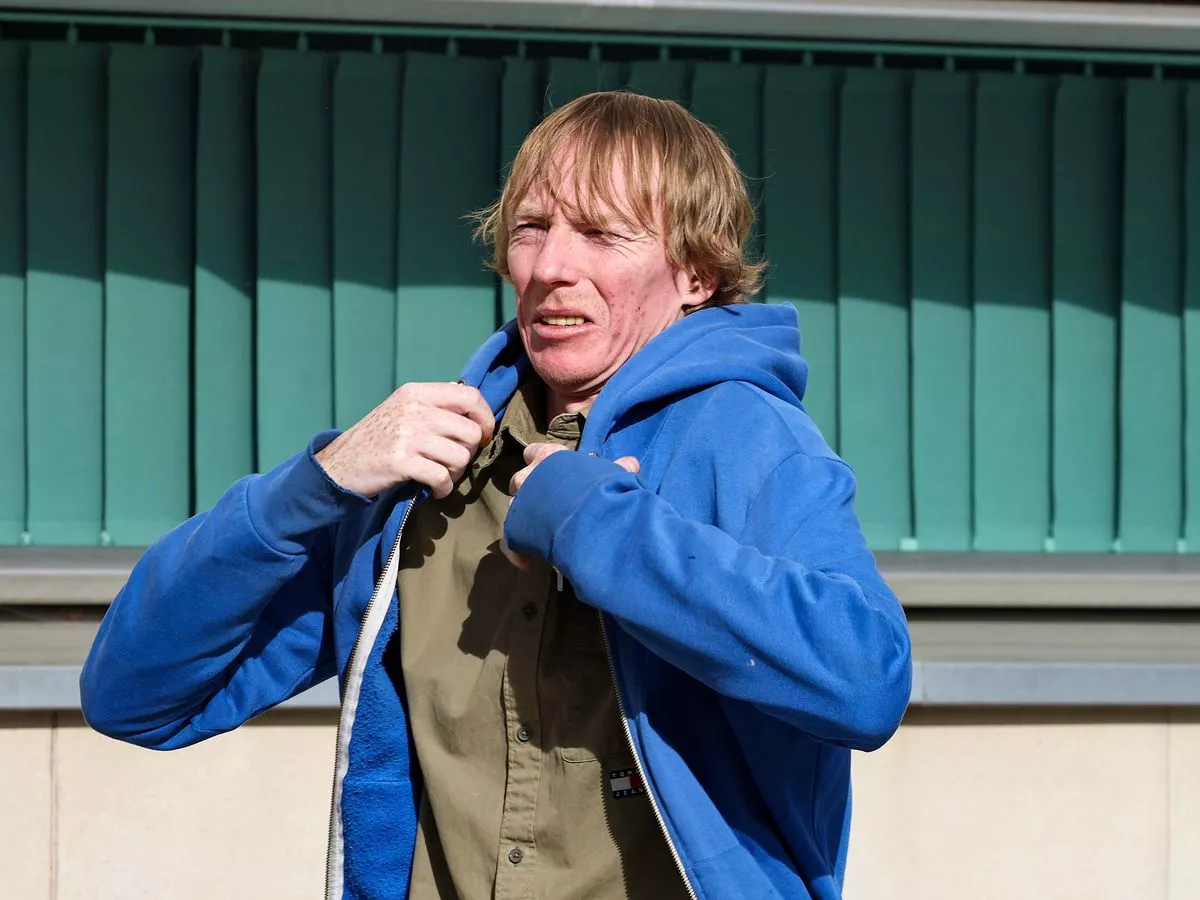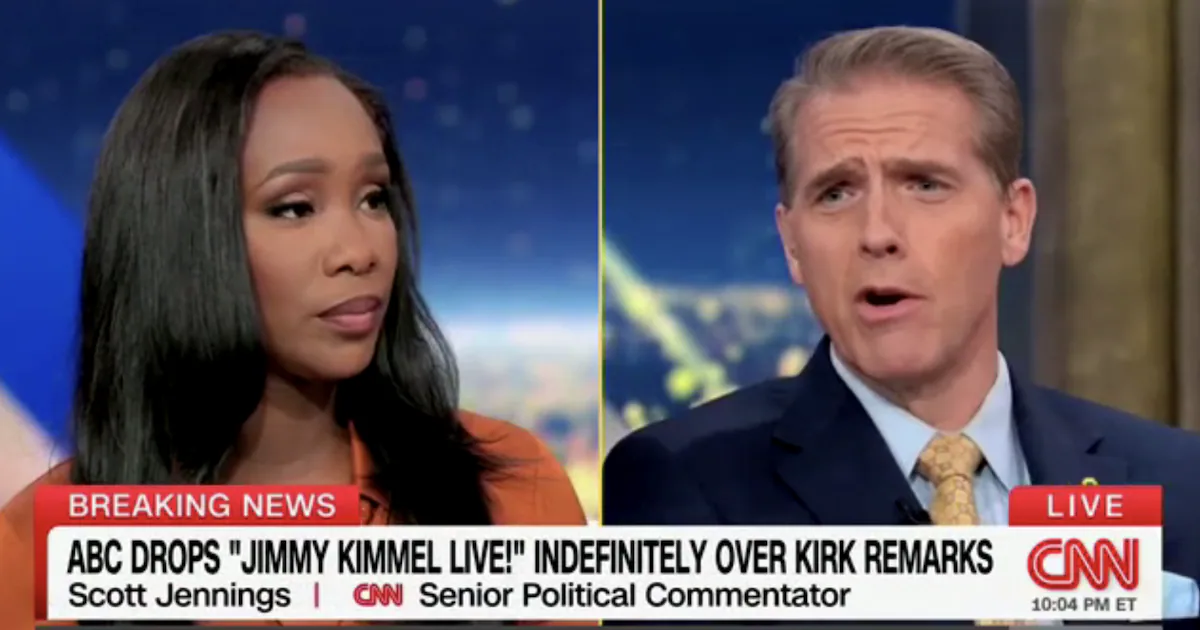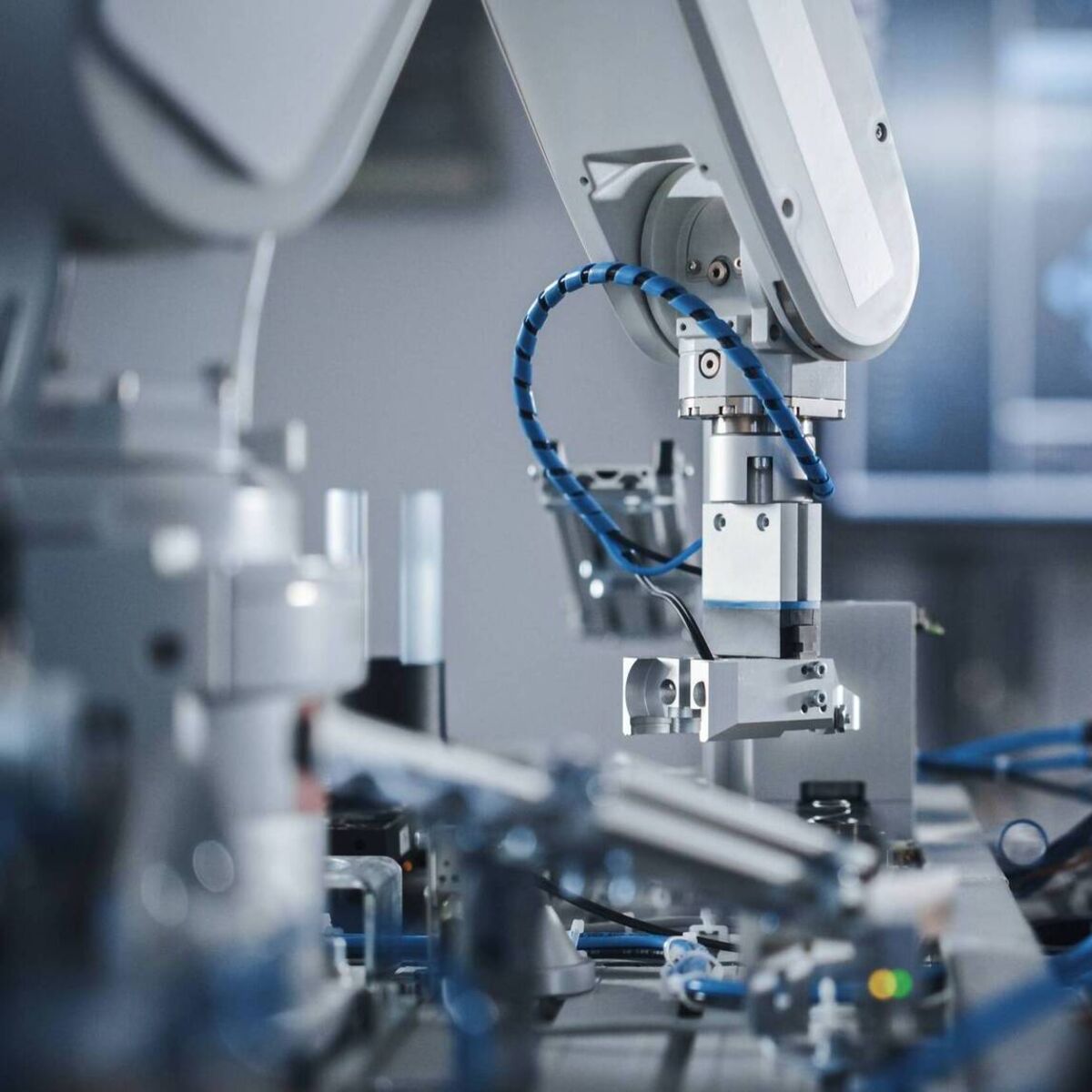By Lord Baker of Dorking
Copyright standard

To appreciate the greatness of Margaret Thatcher — as this excellent biography makes possible — you must go back to Grantham where she lived over her parents’ grocery shop. There was no hereditary money, so she had to work hard, occasionally serving at the counter. She experienced frugality and, after late meetings in No 10, would go around switching off the lights. She also knew about perseverance and in trying to become an MP she lost in two general elections, but did not give up until she secured a safe seat in Finchley.
She became the Conservative Party leader in 1975, just after the Tories had lost two elections. In the 1970s she had seen two prime ministers, Ted Heath and James Callaghan, brought down by trade union strikes — she was not going to be the third. She stopped the unions trooping into No 10 to tell the prime minister what to do over beer and sandwiches. She would not share No 10 with those whose strikes had made Britain the “Sick Man of Europe”.
She won the 1979 election with a majority of 43, increasing to 104 in 1983, and 102 in 1987. She was the first prime minister to win three elections in a row — Heath had lost three. Although unemployment and inflation were rising, in her first budgets she cut government expenditure — that led to the financial success of the 1980s.
Above all, she wanted to help the working class. One of her first changes was to allow council tenants to buy their homes and in her first four years 500,000 became homeowners — something they had never dreamt of. She rewarded hard work by cutting taxes, but money was still needed for pensions, schools, hospitals and roads. She decided to denationalise the big state industries. My first task as her minister was to make British Telecom a private company. After that, gas, electricity, water and transport followed. For the first time many people owned shares in these great industries.
In 1984 Arthur Scargill began a miners’ strike to bring her down — it lasted for six months with ugly violence when police were attacked, and she was pressed to settle it, but she kept her cool. She rallied Tory MPs with speeches about the “enemy within”. In this biography, Charles Moore’s verdict is that “it was the most important single victory of her career”.
After an early visit to Moscow, the Kremlin press called her the “Iron Lady”, which stuck. I remember Heath spitting through his teeth that it was the worst thing to have happened. Everyone knew what she stood for — unlike today’s prime minister. We also knew she stuck to her beliefs — “the lady’s not for turning”.
In the world she punched above her weight, getting on well with Ronald Reagan and debating with the new Russian leader Mikhail Gorbachev — she was the first to say: “He is a man to do business with.” When Argentina invaded the Falkland Islands, the world thought that would bring her down. But they forgot her patriotism and courage. She assembled a great fleet with an army to recapture the islands. She became a respected world figure — Willie Whitelaw said, “I don’t think that anyone else but you could have done it.”
On her 10th anniversary as prime minister she gave a dinner in No 10 for her cabinet and their spouses — it was not a freebie, as we all paid towards it. Geoffrey Howe in a speech that evening declared her the “greatest prime minister since the war”, but they fell out and a year later he made a bitter speech in the Commons that led to a leadership election. I was sitting next to her and when he finished speaking, she told me, “I never thought he would do it.”
She failed to win enough votes, and the Cabinet told her that while they would continue to support her, she could not win. As her party chairman, I stood behind her right to the end. On the day she left I said, “We will never see her like again.” This book, a condensed version of Moore’s three-volume biography, makes it possible to appreciate her achievement.
Lord Baker of Dorking served in Margaret Thatcher’s cabinet



